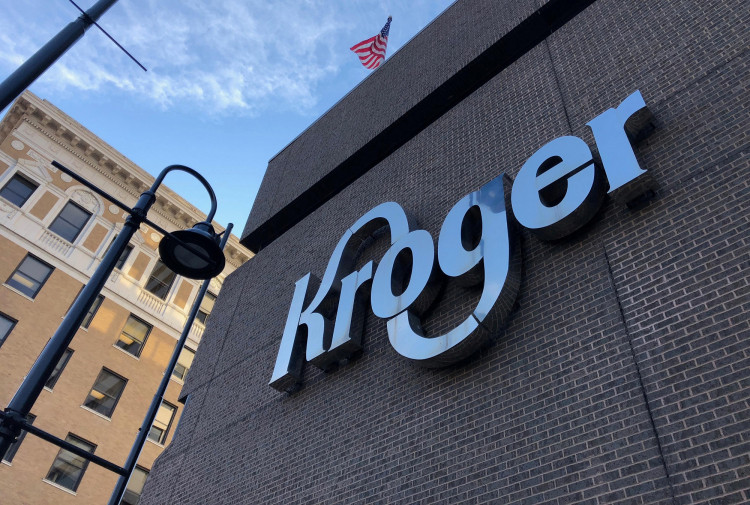Kroger Co. has taken legal action against the Federal Trade Commission (FTC), seeking to block the regulator from using its in-house tribunal to review the grocery giant's proposed $25 billion merger with rival Albertsons. The lawsuit, filed in Cincinnati on Monday, challenges the constitutionality of the FTC's in-house review process, arguing that such a significant matter should be adjudicated in a federal court instead.
The legal move comes just a week before Kroger is set to face a trial in Portland, Oregon, where the FTC has requested a federal judge to temporarily halt the merger. The regulator argues that the deal could lead to higher prices for millions of consumers and negatively impact the labor market, particularly for unionized grocery store workers.
Kroger's lawsuit underscores its concern that the FTC's in-house review could drag on for years, delaying the merger's completion and potentially jeopardizing the deal. "We are asking the court to halt what amounts to an unlawful proceeding before the FTC's own in-house tribunal," Kroger Chairman Rodney McMullen stated. He emphasized that the company is fully prepared to defend the merger in federal court, which he believes is the appropriate venue for such a dispute.
The FTC, which filed its lawsuit in February, claims that the Kroger-Albertsons merger would significantly reduce competition in the grocery sector, leading to adverse consequences for both consumers and workers. However, Kroger contends that the FTC's internal process is flawed and unconstitutional, arguing that it deprives the company of a fair trial.
Kroger's lawsuit is the latest development in a high-stakes legal battle over the future of the grocery industry in the United States. The proposed merger, valued at $25 billion, is one of the largest in the sector's history and has drawn significant scrutiny from regulators and lawmakers alike.
The FTC has yet to comment on Kroger's lawsuit. However, the outcome of this legal challenge could have broader implications for how mergers and acquisitions are reviewed in the future, particularly concerning the power and processes of the FTC's in-house tribunal.
This legal showdown highlights the tension between large corporations seeking to expand through mergers and acquisitions and regulatory bodies tasked with ensuring that such deals do not harm consumers or workers. As Kroger and Albertsons await the court's decision, the case underscores the growing complexity and controversy surrounding antitrust enforcement in the U.S.
The merger between Kroger and Albertsons, if approved, would create one of the largest grocery chains in the country, with significant market power. Critics argue that this could lead to reduced competition, higher prices, and lower wages. Proponents, on the other hand, claim that the merger would allow the companies to compete more effectively against retail giants like Walmart and Amazon, ultimately benefiting consumers.





